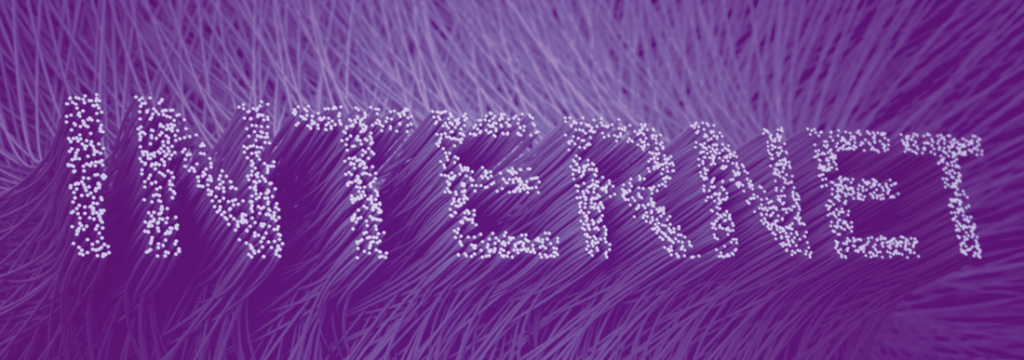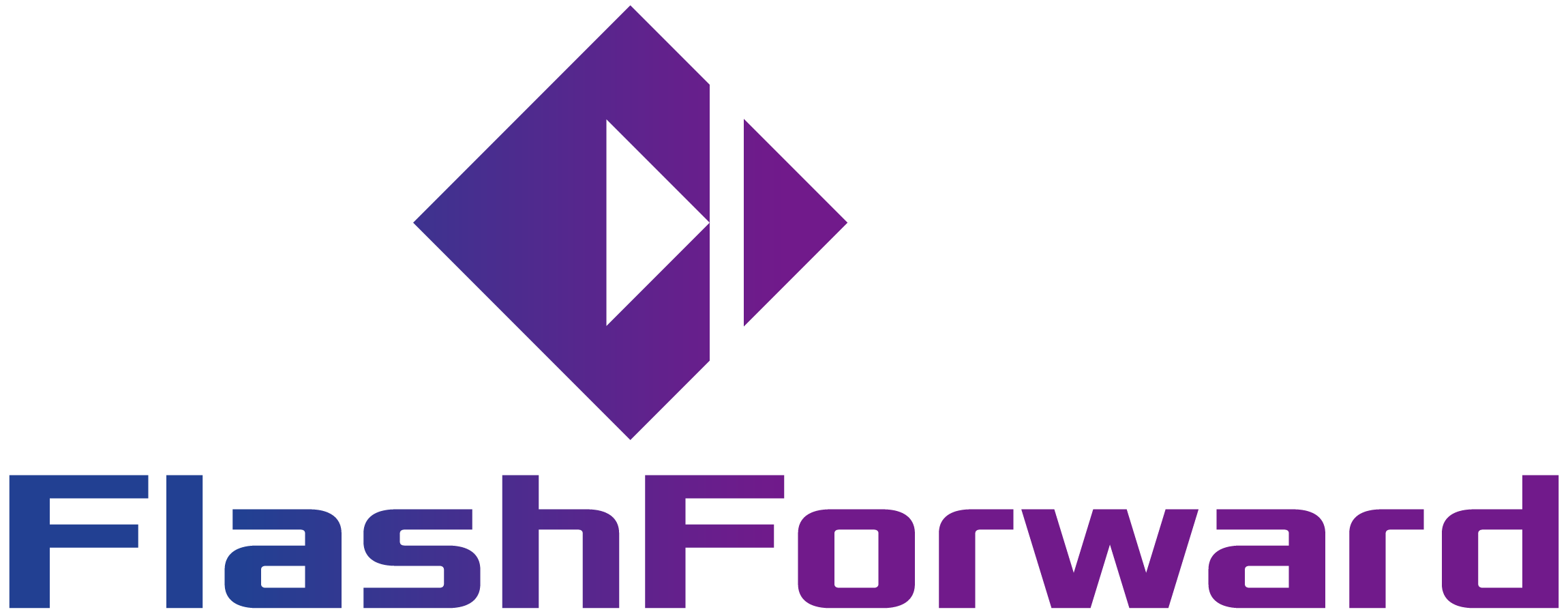
There are two kinds of Fibre optical internet networks, small business [non-dedicated] and enterprise [dedicated].
Fibre internet is a type of broadband internet service that uses Fibre-optic cables to transmit data. Fibre-optic cables consist of thin strands of glass that transmit data using light signals.
Compared to traditional copper or coaxial based internet connections, Fibre internet offers faster and more reliable internet speeds. This is because Fibre-optic cables can transmit data over longer distances and at higher speeds without degrading the signal quality.
Do you need Fibre Internet?

Fibre internet is capable of delivering symmetrical speeds, meaning the download and upload speeds are the same. This is particularly useful for applications that require a lot of upload bandwidth, such as video conferencing or uploading large files.
Fibre internet is not as widely available as other types of internet connections, and the installation can be more expensive due to the need for specialized equipment and construction.
Is Fibre the Best Internet?
Fibre internet is generally considered to be the best type of internet connection available today because of its high-speed, reliability, and low latency.
Whether or not Fibre internet is the best option for you depends on several factors, including your location, your internet needs, and your budget.
If your business is in an area where Fibre internet is available and you need a high-speed, reliable internet connection for activities like large file transfer, video conferencing, or collaborative work, then Fibre internet is the best option for you.
However, if you have lower internet needs or are in an area where Fibre internet is not available, other types of internet connections such as cable, DSL, or fixed wireless may be a more practical option.
What are the Advantages of Fibre Internet?

Fibre internet offers several advantages over other types of internet connections:
- Faster Speeds: Fibre-optic cables transmit data at much faster speeds than traditional copper-based cables. This means you can download and upload data much more quickly, stream high-definition video and audio with no buffering and enjoy collaborating with reduced lag and latency.
- Symmetrical Speeds: Unlike other internet connections that offer faster download speeds than upload speeds, Fibre internet offers symmetrical speeds. This means you can upload files and data just as quickly as you can download them, making it ideal for activities such as video conferencing and cloud computing.
- Greater Reliability: Fibre-optic cables are more durable and less susceptible to interference than traditional cables. This makes Fibre internet more reliable and less prone to outages or disruptions caused by weather, electromagnetic interference, or other factors.
- Better Signal Quality: Fibre-optic cables transmit data using light signals, which do not degrade over distance unlike electrical signals in copper cables. This means you can enjoy consistently high-speed internet regardless of your distance from the service provider.
- Future-Proof: Fibre internet is a technology that is ready for the future. It has the capacity to deliver increasingly higher speeds as demands grow, making it a more future-proof option compared to other types of internet connections.
Overall, Fibre internet is an excellent choice for any company that needs a fast, reliable, and consistent internet connection. For most businesses, Fibre internet is worth it.
Let FlashForward search the availability and pricing, and we’ll help you determine if the investment is worth it! Get in touch with us today.
